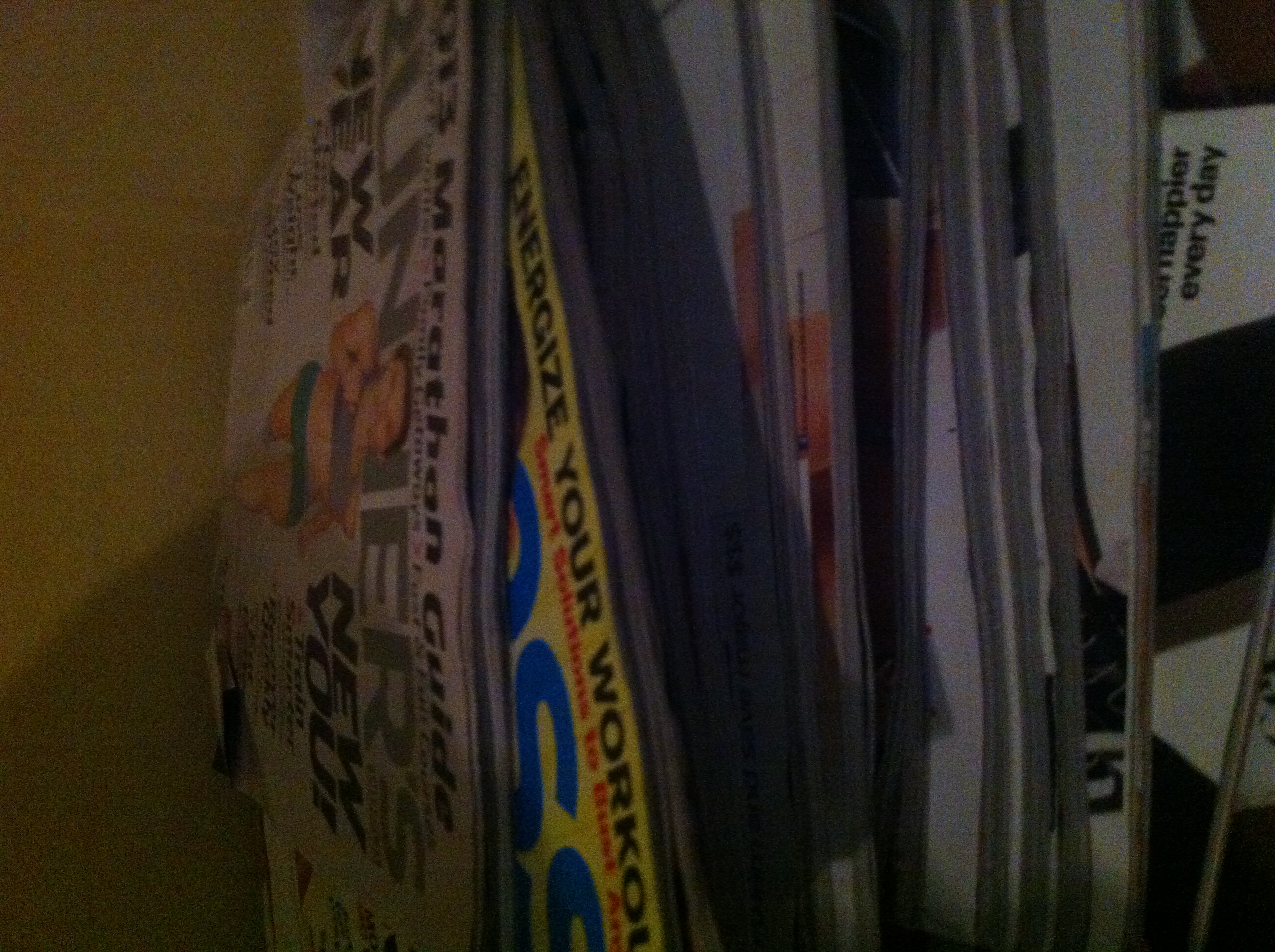Keep or Toss – How long should I keep my papers?
Step 1: Toss what you can
A lot of what you’ve got stashed in those piles of paperwork and in your overflowing file cabinets can probably be pitched. Just make sure you protect your identity by shredding anything that contains more personal information than you can find in the phone book.
Among the records you can purge:
- Old reading material
Dispose of catalogs, newspapers and magazines more than 3 months old. If they’ve been around that long, you’re never going to read them.
- Junk mail
Throw away investment and bank brochures you’ve already read, pre-approved credit offers, outdated store flyers, advertisements and coupons. redit card statements, utility bills and most receipts
Step 2: What to keep and how long to keep them
Once you’ve purged, separate must-keep papers into three categories: those you need to keep for one calendar year, those you need to keep for a longer period and hard-to-replace documents like birth and marriage certificates.
| Document | How long to keep it | Why |
| Tax returns and supporting documents | A minimum of seven years after the return is filed. | The IRS has three years to audit your return if it suspects good-faith errors, six years if it believes you underreported your income by at least 25 percent and an unlimited time if it is investigating fraud. |
| Brokerage statements / investment records | Keep monthly statements for one year; unless your annual statement summarizes all activity, then toss immediately. Keep the annual summaries as long as you own the security, plus seven years. | You need proof of your purchases to prove capital gains and losses on your tax return. |
| Retirement plan statements | Keep quarterly statements for one year; until you match the figures with your annual statement. Keep the annual summaries until you retire. | Records of your contributions to your Roth IRA prove that you already paid the tax on it. |
| Home improvement and other real estate records | Until you sell the home, plus seven years. | They establish your cost basis in the home and could help lower your capital gains tax on the property. |
| Credit card statements | One month | Toss once you check them for accuracy, unless they’re your only record of a tax-related transaction. |
| Pay stubs | One year | Shred once you get your W-2 and you make sure the numbers match. |
| Bank statements | Keep monthly statements for one year. Keep annual statements related to your taxes for at least seven years. | They provide proof of income from interest-bearing accounts and can be a record of tax-related transactions. |
| Utility and phone bills | One month | Keep until you get the next statement showing that you paid, unless you need it for tax purposes. |
| Receipts – small items | One month, for purchases such as groceries and restaurant meals, | Keep until you match them with your credit card or bank statement, unless you need them for tax purposes. |
| Receipts – expensive items | For large purchases (jewelry, furniture, appliances), staple the receipt to the owner’s manual and keep it as long as you own the item. | Receipts for big-ticket items are necessary to activate the warranty or replace a defective item and can prove an item’s value to an insurance company. |











